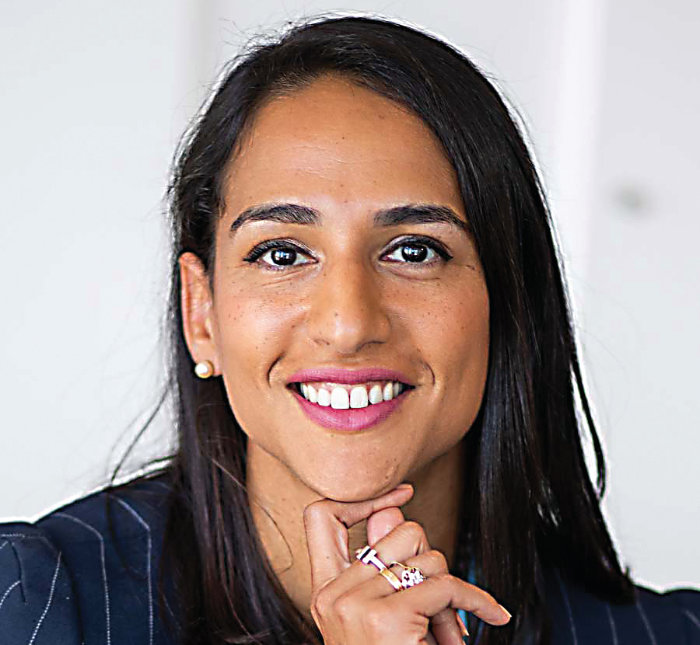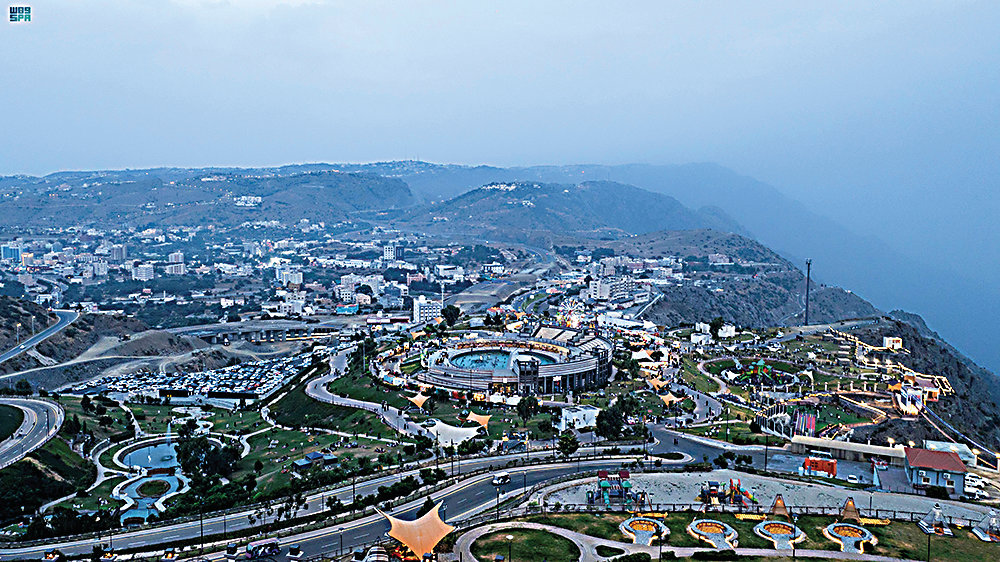RIYADH: Saudi Arabia’s foreign direct investment stock reached SR817.7 billion ($218 billion) in the first quarter of 2024, marking a 6.1 percent rise compared to the same period last year, recent data showed.
A report released by the Ministry of Investment indicated that this growth reflects increasing confidence among foreign investors in the Saudi investment ecosystem.
The FDI stock represents the total accumulated value of FDIs held in the Kingdom. It is a cumulative measure that includes all past and present investments made by foreign entities in businesses, real estate, and other assets within the country.
The ministry had previously reported that inflows in the first quarter amounted to approximately SR17 billion, reflecting a growth of 0.6 percent compared to the SR16.9 billion recorded in the same period of 2023.
Brendan Marais, partner at Kearney Middle East & Africa told Arab News that “one of the key factors that sets Saudi Arabia apart from other emerging markets is its deliberate focus on building FDI-attraction capabilities.”
“This strategic approach has significantly boosted the market’s confidence in the Kingdom’s creditworthiness. The $12 billion raised from the sale of multiple-tenor bonds at the beginning of the year and its rise to the third position in the 2024 Kearney FDI Confidence Index from 2023 are clear indicators of the success of these efforts,” he added.
The Kingdom aims to attract $100 billion in FDI by 2030 as part of its broader economic diversification efforts under Vision 2030. Despite global economic challenges, including geopolitical tensions and high interest rates impacting FDI flows worldwide, Saudi Arabia has seen positive annual growth in investments, positioning itself as an attractive destination for international investors.
The Organization for Economic Co-operation and Development latest data indicated that global FDI continued to decline by 12 percent in 2023 compared to the previous year. In contrast, investments into OECD countries increased by 11 percent during the same period, while those into G20 countries decreased by 34 percent.

Saudi Arabia has successfully built credibility with the international investment community and is well positioned to achieve its ambitious target of $100 billion of FDI by 2030.
Elvie Lahournere, Principal at Kearney Middle East & Africa
Meanwhile, FDI inflows in Saudi Arabia grew by 12.1 percent annually, reaching SR72 billion in 2023, excluding the Aramco deal.
Saudi Arabia continues to enhance its attractiveness by improving business laws, fostering human capital development, and nurturing a competitive environment for innovation, which are essential in sustaining its FDI growth trajectory.
Kingdom’s approach navigating global challenges
Rudolph Lohmeyer, partner at Kearney Middle East & Africa, said, “For countries, this global instability is spurring efforts to strengthen national resilience and reduce exposure to economic coercion, including by developing national economic capabilities and diversifying global supply networks.”
“FDI is a strategically central means of meeting both of these imperatives and nowhere are we seeing more decisive efforts to enhance FDI attraction than in the GCC,” he added
Lohmeyer told Arab News that as global instability and competition increase, and investors seek safer, geopolitically stable countries, the Kingdom’s priorities will continue to evolve from its strong, long-term foundations.
“Specifically, stabilizing the region geopolitically represents a central imperative. The Kingdom’s balanced geopolitical positioning and bold diplomatic efforts are clearly geared to this end,” he added.
He also noted that deepening its role as a regional and global hub will enhance Saudi Arabia’s attractiveness to investors by expanding its market. Additionally, as technology and AI transform productivity and the global economy, the Kingdom must foster a competitive environment for innovation.

Houssem Jemili of Bain and Co. mentioned to Arab News in April that Saudi Arabia leads technology spending in the Middle East and North Africa, investing roughly 2.5 times more than other countries in the region, with annual growth in this expenditure.
According to the ministry’s report in May, this was further demonstrated by innovation and entrepreneurship attracting a range of funding partners to Saudi Arabia, leading to the completion of over 53 percent of investment deals in the first quarter of 2024.
Role of human capital in driving FDI
Marco Vasconi, partner at Kearney Middle East & Africa said, “Investment in human capital development is imperative to drive overall investment, including FDI, and economic growth.”
“As such, human capital is one of the key levers inputs into economic activities, especially in knowledge-intensive sectors, which underpins the development and growth of some of the sectors prioritized for Saudi Arabia’s economy,” he added.
Vasconi noted that the Kingdom is concentrating on two key areas for human capital development, enhancing domestic talent and attracting global professionals to Saudi Arabia.
Domestic efforts include overhauling the entire human capital development journey, from early childhood through K-12 to higher education, technical and vocational training, and lifelong learning.

Stabilizing the region geopolitically represents a central imperative. The Kingdom’s balanced geopolitical positioning and bold diplomatic efforts are clearly geared to this end.
Rudolph Lohmeyer, Partner at Kearney Middle East & Africa
According to the expert, there is a strong emphasis on both basic skills and advanced thinking skills, such as critical and system thinking, as well as future-oriented skills to meet evolving requirements.
The education and training systems are being aligned with labor market needs to enhance employability and address future job demands. Additionally, there is a concerted push to up-skill and reskill the existing workforce to adapt to the changing workplace environment.
Efforts to attract global talent include enhancing Saudi Arabia’s appeal as a place to live and work through improved access to education, healthcare, and vibrant cultural life.
Additionally, the Kingdom is simplifying entry for skilled professionals, entrepreneurs, and investors while offering a robust ecosystem of economic and business opportunities.
FDI target of $100 billion by 2030
Elvie Lahournere, principal at Kearney Middle East & Africa said, “Saudi Arabia has successfully built credibility with the international investment community and is well positioned to achieve its ambitious target of $100 billion of FDI by 2030.”
Lahournere stressed the Kingdom’s geographic advantages, a young and educated population, a large local market, and growing regional integration in helping it achieve its ambitious target.
“In fact, we already see tangible outcomes from investors’ perspective in this year FDI Confidence Index world ranking that positioned Saudi Arabia at the 14th place rising from 24th last year and demonstrating the investor’s appetite for this vibrant emerging market,” she added.
Saudi Arabia has revamped its business laws to attract foreign investment by allowing 100 percent foreign ownership, establishing a dispute settlement regime, enacting a bankruptcy law, implementing digital licensing procedures, and offering fiscal incentives like zero personal income tax and a 20 percent flat corporate levy, the lowest in the G20.




























